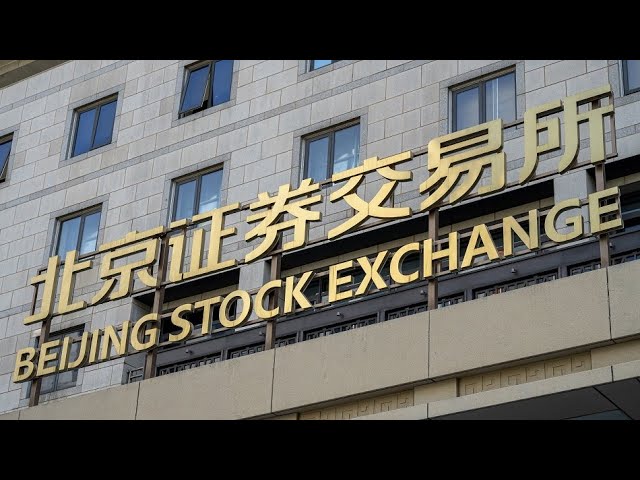‘Housing is no longer viable, so the government is shifting the game to equities. They want savers to become stock investors,’ a China-based analyst said.
China’s stock market has shown recent strength, while the rally stands in stark contrast to the country’s sputtering economy, where property prices are falling, consumer demand remains weak, and key indicators of the economy consistently undershoot expectations.
On Aug. 18, the Shanghai Composite Index briefly surged past 3,745 points, its highest level in a decade. China’s CSI 300 Index is up nearly 8 percent this year, and daily trading volumes recently exceeded 2.7 trillion yuan ($370 billion), the third-highest on record.
Analysts say the surge is no accident. It is part of a calculated effort by Beijing to boost household wealth and spur consumption through the stock market, they say.
A Market Out of Step With Reality
Ordinarily, a slumping property market and disappointing economic data would weigh on equities. However, in the equities market, momentum picked up since last September, after the Chinese Communist Party (CCP) signaled it would take “unprecedented steps” to stabilize markets.
This year, after President Donald Trump announced his global tariffs and reciprocal trade measures in April, China’s economy came under increased pressure, with slowing industrial output and persistent unemployment concerns.
Huihu, a popular China-based finance analyst specialized in the housing market, said that amid a weakening property market, the Chinese authorities are trying to turn the stock market into a new engine for confidence and spending for the Chinese public.
“If real estate no longer works, equities are the next option,” he said.
Small Investors Flood Back
Chinese media cited data from the Shanghai Stock Exchange showing that new retail accounts are soaring. In July alone, 1.96 million new accounts were opened, up nearly 20 percent from June and more than 70 percent higher than a year earlier. For the first seven months of 2025, more than 14.5 million new accounts
At the same time, household bank deposits have swelled to a record 130 trillion yuan (approximately $18 trillion), creating what officials see as a vast untapped pool of liquidity that can be steered into stocks.
“Housing is no longer viable, so the government is shifting the game to equities. They want savers to become stock investors,” Huihu said.








